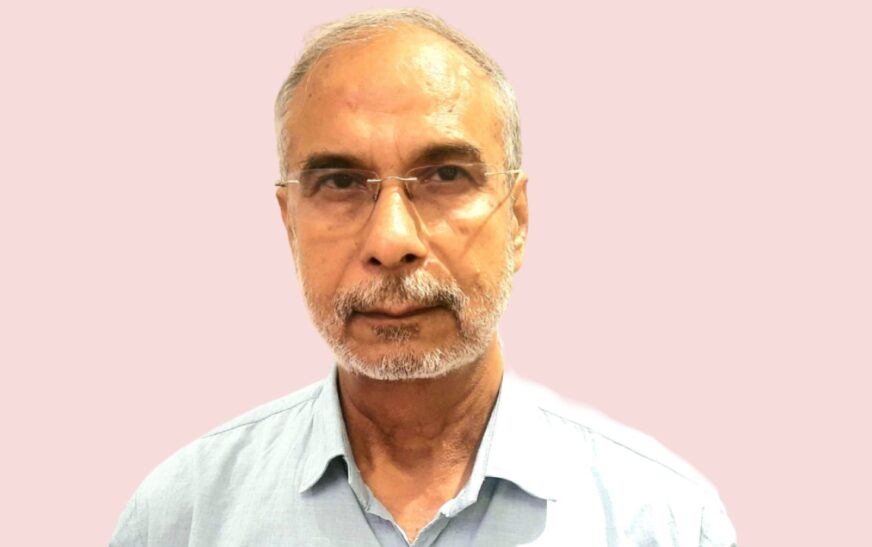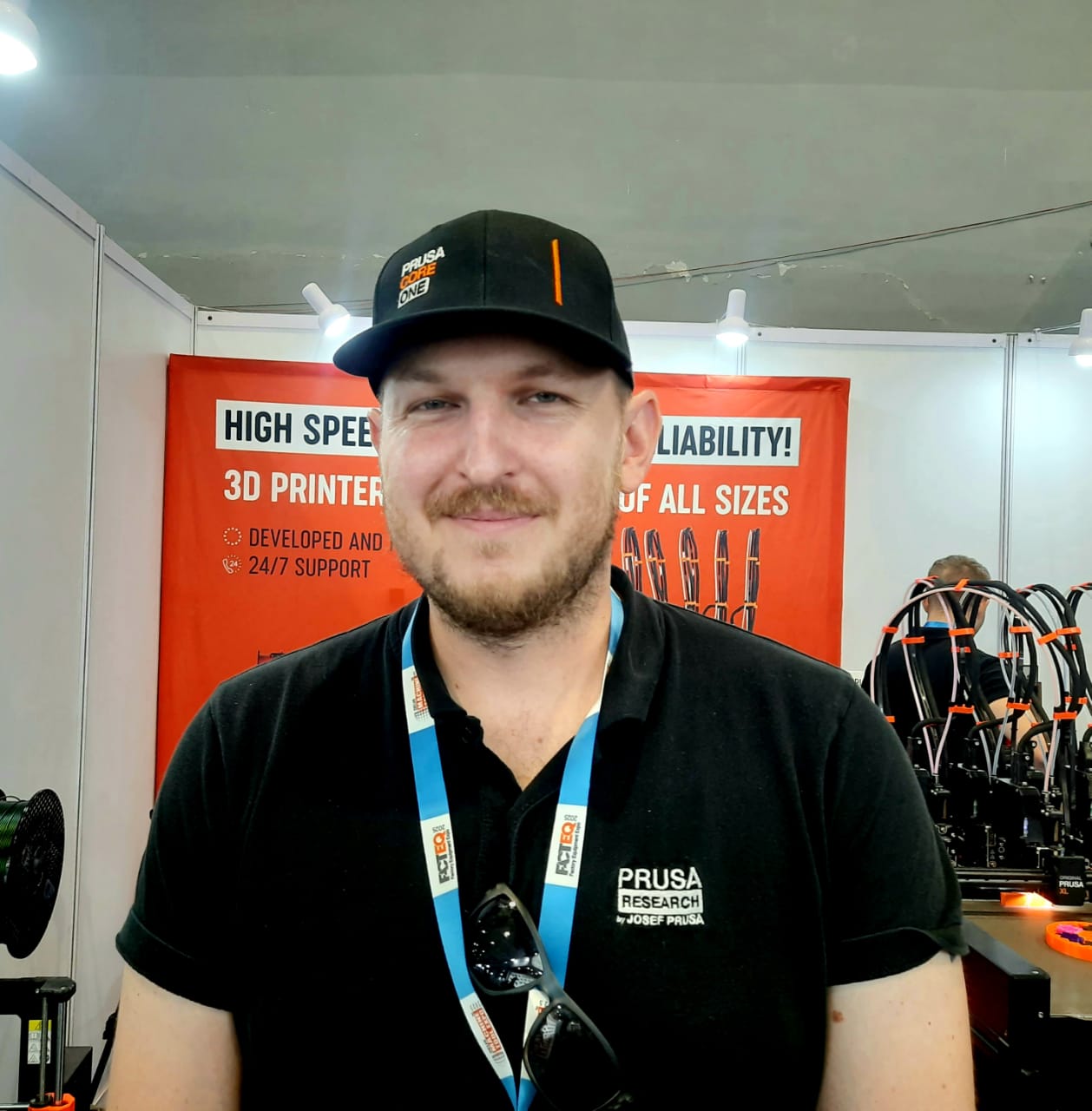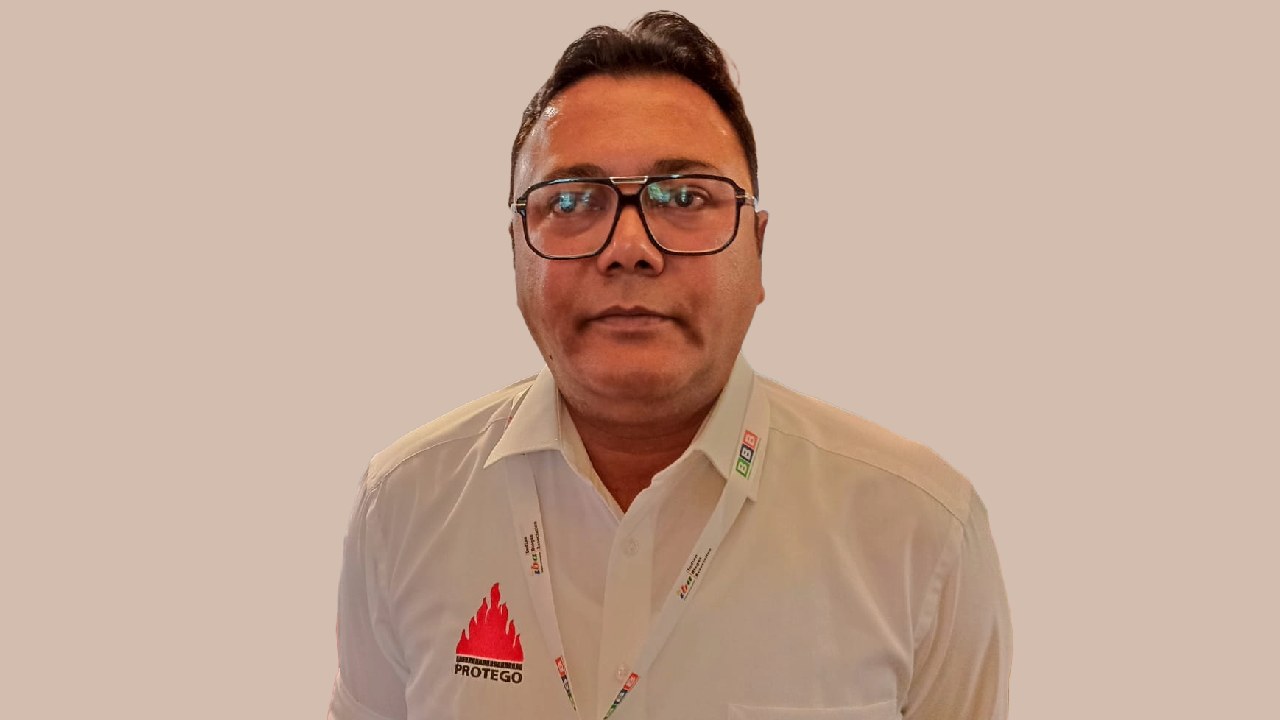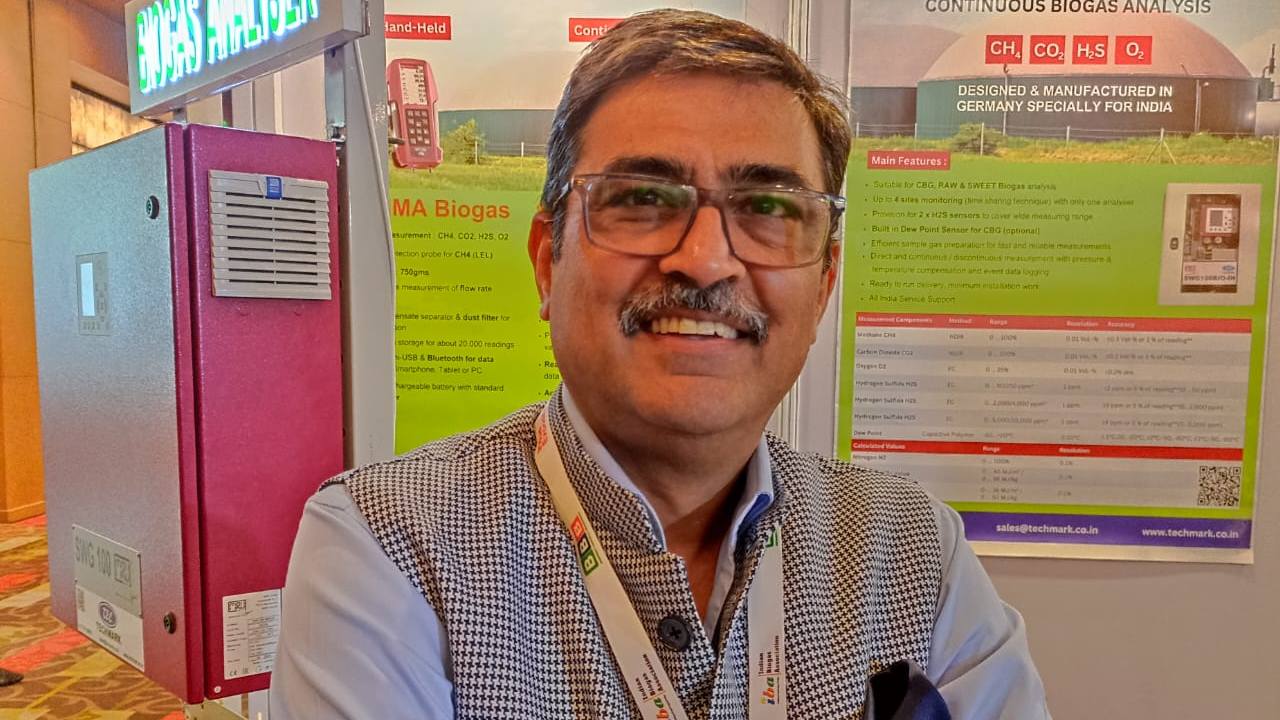Dr. Dinesh Tyagi, currently serving as the President of the Society of Digital Entrepreneurs (SODES), is a distinguished alum of the 1981 IAS batch of Manipur-Tripura Cadre. He boasts a formidable career trajectory, having served in pivotal roles across both state and central governments. His expertise spans the domains of finance, banking, and governance. Notably, he wielded his acumen as Director in the esteemed Finance Ministry’s Banking Division, Government of India.
In state governance, he commanded as Secretary in both the Education and Finance departments. His influence extended to the boards of major public sector banks such as Syndicate Bank, UCO Bank, and Indian Bank, where he held directorial positions, shaping their strategic direction.
Additionally, his stewardship extended to financial institutions like SIDBI, where his sage counsel steered crucial decisions. Dr. Tyagi during his last leg of the bureaucratic service was the Managing Director and CEO of the CSC e-Governance Services India Limited, a company under the Ministry of Electronics and IT, Government of India.
In a riveting exchange with The Interview World, Dr. Dinesh Tyagi highlights SODES’ initiatives and the environmental ramifications of plastic consumption. He emphasizes the pivotal role women can play in steering our society towards a plastic-free future. Now, let’s delve into the key insights gleaned from his interview.
Q: Could you provide some insights into the activities undertaken by SODES?
A: Behold, the birth of the Society of Digital Entrepreneurs, or SODES, a collective of over 500,000 individuals harnessing digital tools and technology to provide services nationwide. Already engaged in impactful work, these entrepreneurs are now embarking on phase two, driven by a desire to extend their aid to other realms of need. Thus, SODES emerges.
As a society, SODES belongs not to any single entity, but to all its members, fostering collaboration and shared ownership. We also extend our support to organizations seeking to leverage our network for service delivery. Consider, for instance, a scenario where a group aims to promote digital literacy in rural India; we readily lend our assistance. Similarly, for those initiating skilling programs, our aid is at their disposal.
Utilizing our centers and financial services, we provide vital support, facilitated by a robust technological platform tailored for network utilization. SODES serves as a conduit for various service providers, enabling them to disseminate their offerings nationwide. This overarching mission underscores the essence of SODES.
Furthermore, our current endeavor involves spearheading the drive for plastic-free villages. Entrepreneurs within our network engage in the collection of plastic, supported by a comprehensive framework and digital monitoring tools. Upon collection, the plastic undergoes partial processing before finding its way to diverse buyers. We aim to forge direct linkages between plastic producers and consumers, fostering a sustainable chain.
This initiative also introduces the concept of plastic credit, a substantial endeavor aimed at incentivizing sustainable practices. By allocating a portion of the plastic credit garnered by larger institutions to these entrepreneurs, we empower them economically.
We provide clarity on the compensation structure, outlining both the price for collected plastic and the corresponding plastic credit allocation. This mechanism hinges upon project approval and the availability of plastic credits within the system.
Q: How many organizations are currently affiliated with your network focused on plastic collection and recycling?
A: We are exclusively dedicated to one organization. Currently, we’re establishing networks, which involves building connections and fostering partnerships. Furthermore, the supply of local entrepreneurs plays a crucial role in creating linkages. At times, they can fulfill local demands independently. In other cases, we assist them in supplying the required products. The processes of storing, supplying, and processing can all be executed within this framework.
Q: What are the environmental impacts of plastic usage in India?
A: Plastic has become deeply ingrained in our lives; its prevalence is undeniable. Almost everyone utilizes plastic, making it ubiquitous in our society. However, this widespread use also brings significant drawbacks, notably in terms of pollution. This pollution poses a serious challenge, demanding effective solutions.
One approach is the prohibition of plastic usage. Governments around the world are increasingly implementing bans on plastic products. Another avenue is the recycling of plastic. These two methods stand as primary strategies to mitigate the issues stemming from the prevalence and pollution of plastic in our environment.
Yet, enforcing these regulations poses a considerable challenge. Various complexities complicate the enforcement process, making it an ongoing struggle. Despite its drawbacks, plastic remains preferred for many applications due to its unique qualities. Consequently, finding a viable replacement for plastic proves to be a formidable task.
Recycling emerges as a promising alternative to addressing the plastic conundrum. Many entities are actively engaged in recycling efforts, seeking innovative ways to repurpose plastic waste. For instance, we have engaged with a company based in Bangalore that specializes in blending plastic with biomass. This approach allows for the creation of eco-friendly products, such as plates, which surpass the environmental footprint of traditional plastic items.
By incorporating biomass sourced from rural areas, we can further enhance the sustainability of these endeavors. In essence, while plastic presents a significant challenge, recycling stands out as a substantial opportunity for mitigating its adverse effects on the environment.
Q: How might women leverage their unique perspectives, skills, and roles to advance the mission of creating a plastic-free society?
A: Women play a crucial role in advancing the mission of creating a plastic-free society through various avenues. Firstly, their leadership and advocacy in environmental organizations can drive policy changes and initiatives aimed at reducing plastic usage. Additionally, women contribute to innovation and entrepreneurship by developing sustainable alternatives to single-use plastics, fostering a market for eco-friendly products. Through education and awareness campaigns, women empower their communities to adopt sustainable practices, such as reducing plastic consumption and proper waste management. By making informed consumer choices and supporting businesses prioritizing sustainability, women exert influence on market trends towards environmentally friendly options.
Furthermore, their engagement in community initiatives like beach clean-ups and plastic recycling programs fosters collective action towards a cleaner environment. Women also serve as role models for future generations by embracing sustainable lifestyles and imparting environmental values to their children. Through these diverse contributions, women significantly contribute to the realization of a plastic-free society, ensuring a healthier planet for generations to come. In the Alwar district of Rajasthan, women are leading the charge to create a plastic-free rural environment, serving as inspiring role models for others to emulate.









1 Comment
I’m interested for this project please send the details
Comments are closed.